Account
Food Safety
Fruit Storage
Whether you're storing sweet crunchy apples, succulent strawberries, or tender melons, this is the place to learn how to care for fruit. Our best storage practices and handy, easy-to-follow tips will help your fruit achieve peak ripeness and prevent unnecessary spoilage.
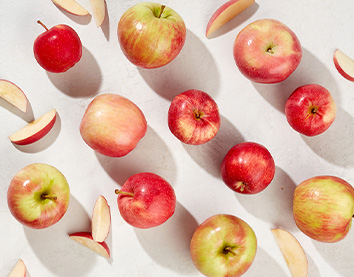
Apples
If you want apples to stay crisp for a week, keep them in a cold refrigerator. Freshly picked apples taste better if you keep them at room temperature.
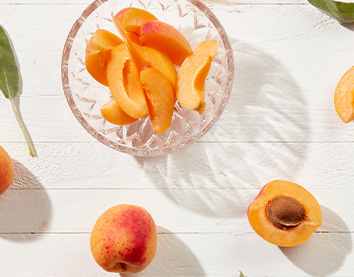
Apricots
Allow apricots to ripen at room temperature for two to five days. After they have ripened, pack loosely in a plastic bag, and they will keep for up to five days in the refrigerator.
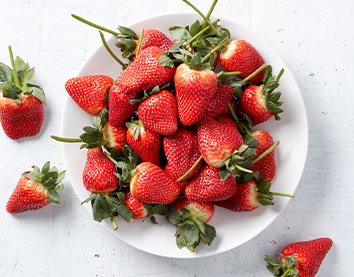
Berries
Berries should keep in the refrigerator for two to three days. Remove any damaged berries to prevent the spread of mold. Rinse just before use.
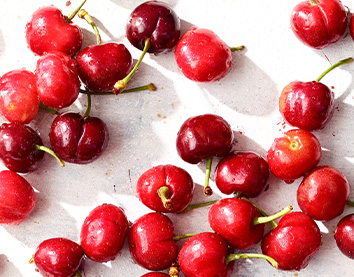
Cherries
Since cherries don't ripen after harvest and tend to spoil quickly, they should be stored in the refrigerator, where they will keep for several days. Wash before serving.
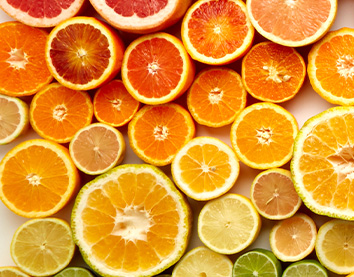
Citrus
Oranges, grapefruits, and pomelos stay fresh at room temperature for about a week, and can be stored in the refrigerator crisper for up to two weeks.
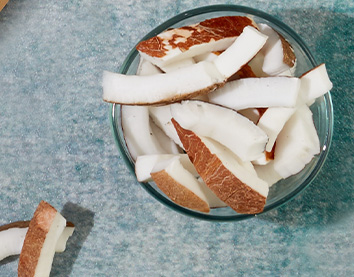
Coconuts
At room temperature, coconuts should keep for two to four months. Store opened coconuts in an airtight container in the refrigerator, where they should keep for up to a week, or in the freezer, where they should keep for up to nine months.
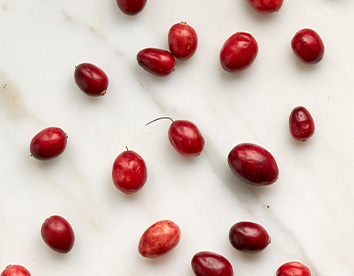
Cranberries
If they're tightly wrapped, cranberries should keep for up to eight weeks in the refrigerator.
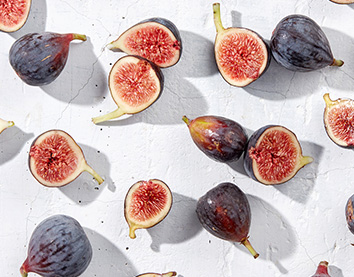
Figs
Let figs ripen for up to four days at room temperature. Taste one as they soften, and if it's sweet, they should be ripe. Once ripe, refrigerate them and they should keep for a couple of days.
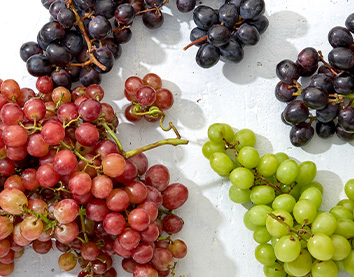
Grapes
It's best to eat grapes quickly after purchase. You can keep them for up to a week, unwashed, in a plastic bag in the refrigerator.
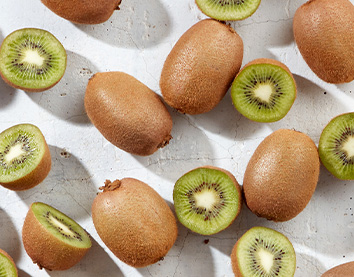
Kiwi Fruit
Let kiwis ripen at room temperature until they give a little when pressed gently. Once ripe, they should be stored in the refrigerator, where they should keep for about a week.
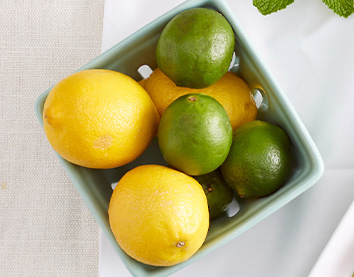
Lemons & Limes
Lemons and limes should stay fresh for about a week at room temperature if kept out of bright sunlight. They should keep in the crisper drawer of the refrigerator for up to a month.
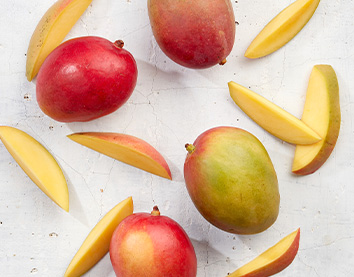
Mangoes
A ripe mango will yield a bit when pressed gently and will emit a delicate fragrance. Unripe mangoes will lose their green complexion as they mature. At room temperature, it can take a green mango up to a week to ripen. Store ripe mangoes in the refrigerator, where they should keep for at least a week.
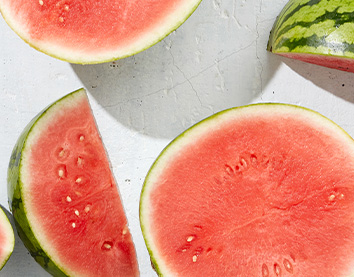
Melons
Keep ripe melons away from other fruit so that the ethylene gas that they produce does not speed up the fruit's ripening. Uncut ripe melons should keep in the fridge for up to five days. When storing a halved melon, leave the seeds in to help keep it fresh. Once you've cut into a melon, wrap the remainder in plastic and it should keep in the fridge for about three days.
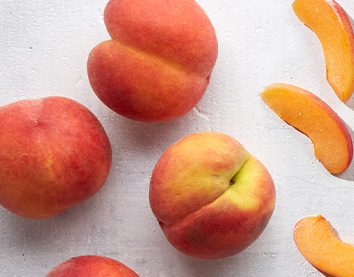
Peaches & Nectarines
Store peaches and nectarines at room temperature until ripe — this usually takes two to three days. Storing ripe stone fruit in the crisper drawer will prolong its eating life — it should keep for up to a week when refrigerated.
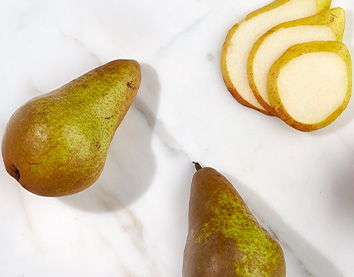
Pears
To ripen pears, store them at room temperature for two to three days. Once a pear hits its peak ripeness, transfer it to the refrigerator crisper and eat it within a few days.
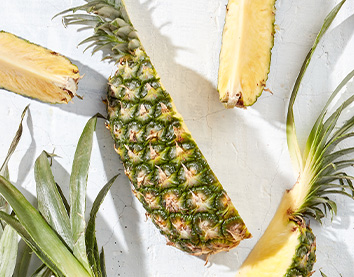
Pineapples
Once harvested, pineapples do not ripen further, so it is best to eat them soon after purchase. Stored in a perforated plastic bag in the refrigerator, pineapple should keep for about four days.
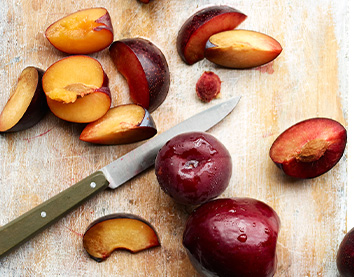
Plums
Store plums at room temperature to ripen. Once ripe, store in a plastic bag in the crisper drawer to prolong their eating life for three to five days.
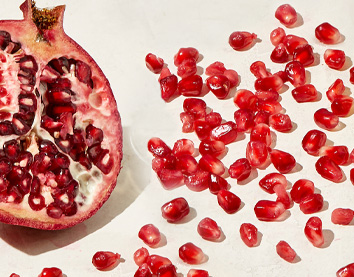
Pomegranates
Pomegranates will keep for up to a week at room temperature if stored in a cool, dry place. For long-term storage, place pomegranates in the refrigerator, where they should keep for up to two months.
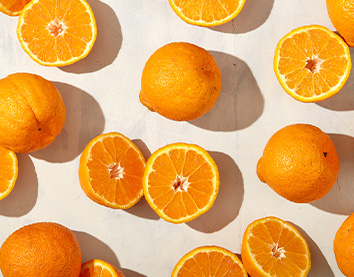
Tangerines
Ideally, tangerines should be eaten soon after purchase, but they will keep in the refrigerator for one or two weeks.